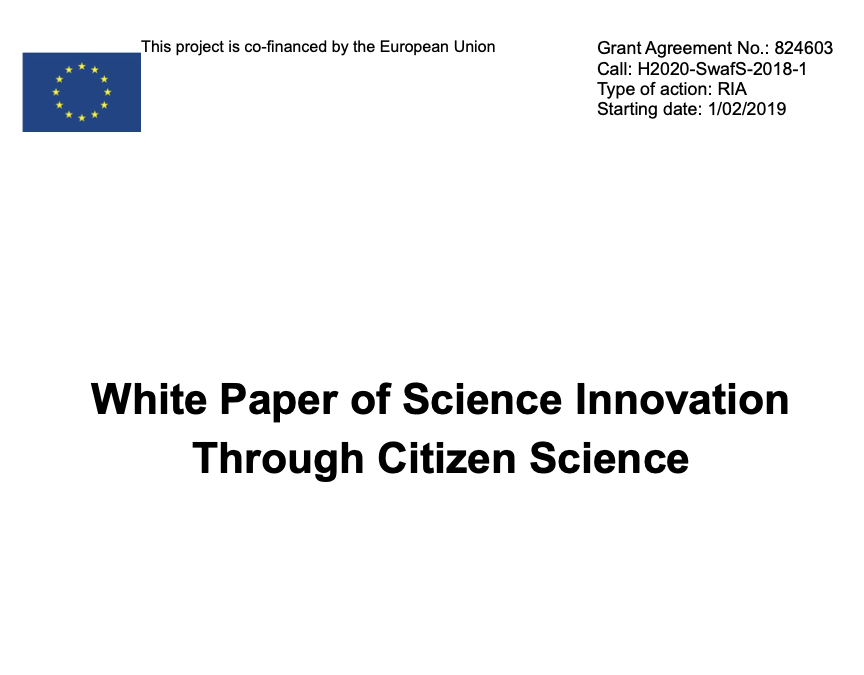by Kat Austen, IGB
Scientific research is widely held as the bastion of knowledge production. As citizen science become firmly entrenched in research practice, what is the impact on science?
Citizen Science has become popular not only in terms of data gathering and processing beyond the reaches of the academy, but also as a method by which communities are able to argue for citizens’ rights. There has been a great deal of knowledge transfer out of science into citizen science, including communication and opening of scientific data and results, sharing methods and best practice, and more recently practices of reflection and evaluation. But knowledge has also fed back to the scientific community – through both formalised and informal channels. We’ve been observing this through the ACTION Accelerator over the last 3 years and are happy now to share our learning with the wider community.
ACTION recently published a White Paper that explores the potential for learning from, and the practice of, citizen science to foster innovation in science. Citizen science, operating both within and outside of established research organisations and engaging with civil society has the potential to feed back into science not only in terms of social aspects of how and by whom science is done, but also in terms of impact on the concrete outcomes of scientific research.
Our White Paper looks at citizen science in the context of a sociological and political perspective and reflects on the opportunities offered by citizen science for facing existing challenges within the practice of science.
Read the White Paper Science Innovation through Citizen Science.

